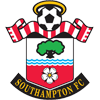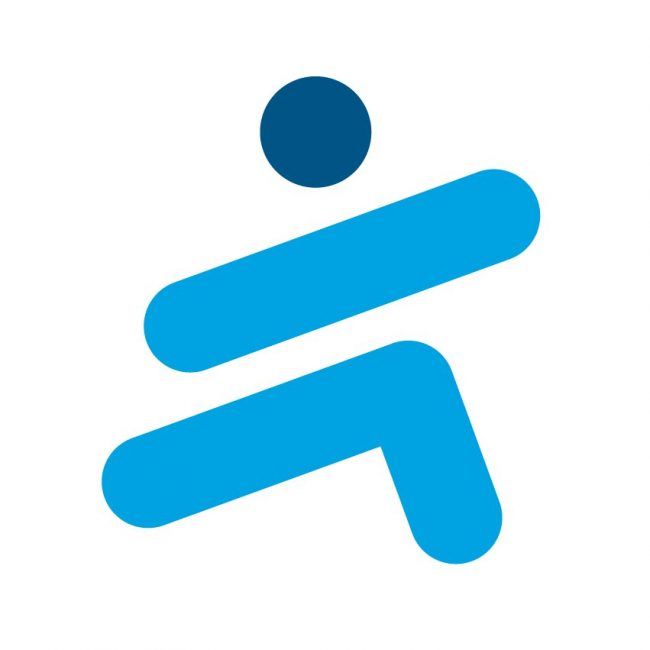Nigeria and Morocco have been added to a list of countries considered to have the highest doping risk to athletics, the Athletics Integrity Unit (AIU) announced yesterday.
Seven countries now feature in Category A, which the AIU Board considers having the highest risk level. Bahrain, Belarus, Ethiopia, Kenya and Ukraine featured in the category in 2019 and will remain at the level in 2020.
Morocco and Nigeria have now been added.
“All five countries that were in Category A last year showed a marked improvement over 2019 in several areas but they need to maintain that good work, and close scrutiny needs to continue for the time being, before any changes in the status of these federations is made,” said AIU Chairman, David Howman to insidethegames.
“In 2019, the Athletics Federation of Nigeria (AFN) failed to report on compliance with the Rule 15 obligations as a Category B country.
“This very serious situation motivated the AIU Board to move Nigeria into Category A.
“Despite significant efforts from the Royal Moroccan Athletics Federation to put in place an appropriate national anti-doping programme, a number of national level issues have not been addressed.
Also Read – Nigeria Police Games: Ajunwa Leads Force Headquarters To Win Football Gold
“The doping threat in Morocco remains acute and the AIU considers that more needs to be done to address the threat, where applicable, with the support of the relevant Moroccan authorities.”
A total of 33 Moroccan athletes are currently serving doping bans, according to the AIU website. Kenya remain on the high risk list, with nearly 50 athletes from the country having been banned from competing.
This includes the women’s 2016 Olympic marathon champion Jemima Sumgong and three-time world 1500 metres winner Asbel Kiprop.
Kenya have claimed to be actively involved in working with the AIU and Anti-Doping Agency of Kenya to try to tackle the problem.
The AIU yesterday confirmed Rio 2016 Olympic steeplechase gold medallist Ruth Jebet had been handed a four-year ban.
The 23-year-old, who is Kenyan-born, has competed for Bahrain.
Bahrain also remain on the list of most at risk nations. Rule 15 of the World Athletics Anti-Doping Rules sets out the National Federations’ anti-doping obligations.
It was introduced at the beginning of 2019 following a recommendation from the AIU Board to the World Athletics Council.
Also Read: Okon Thrilled With Athletes Performances At AFN All-Comers Competition
The rule is aimed at ensuring Member Federations have clear anti-doping obligations, as well as helping to ensure a level
playing field and elevate the overall standard of integrity in athletics.
A category A federation must provide an “effective, intelligent and proportionate annual testing plan” under rules
introduced, with the plan having the object of ensuring that all athletes in the pool who are likely to be selected for World Athletics Championships or an Olympic Games.
Athletes from these federations selected to compete in major events will have to undergo at least three out-of-competition doping tests in the ten months before a World Championships or Olympic Games.
The AIU could recommend to the IAAF Council that a country that is continually in breach of the anti-doping rules is banned – just as Russia currently has been since November 2015 following allegations of state-sponsored doping.
To determine a National Federation’s doping risk, the AIU considers two factors.
The first is the absolute doping risk posed by the federation’s athletes or athlete support personnel, with the second considering the country’s current or potential success at international level.
Countries with a high doping risk and likely chance of international success are placed in category A.
Low international success and high doping risk or vice versa, would see a federation placed into category B.
Category C consists of countries with a low absolute doping risk and a low success at international level.
Currently 51 federations feature in category B, while 155 are in category C.













































































